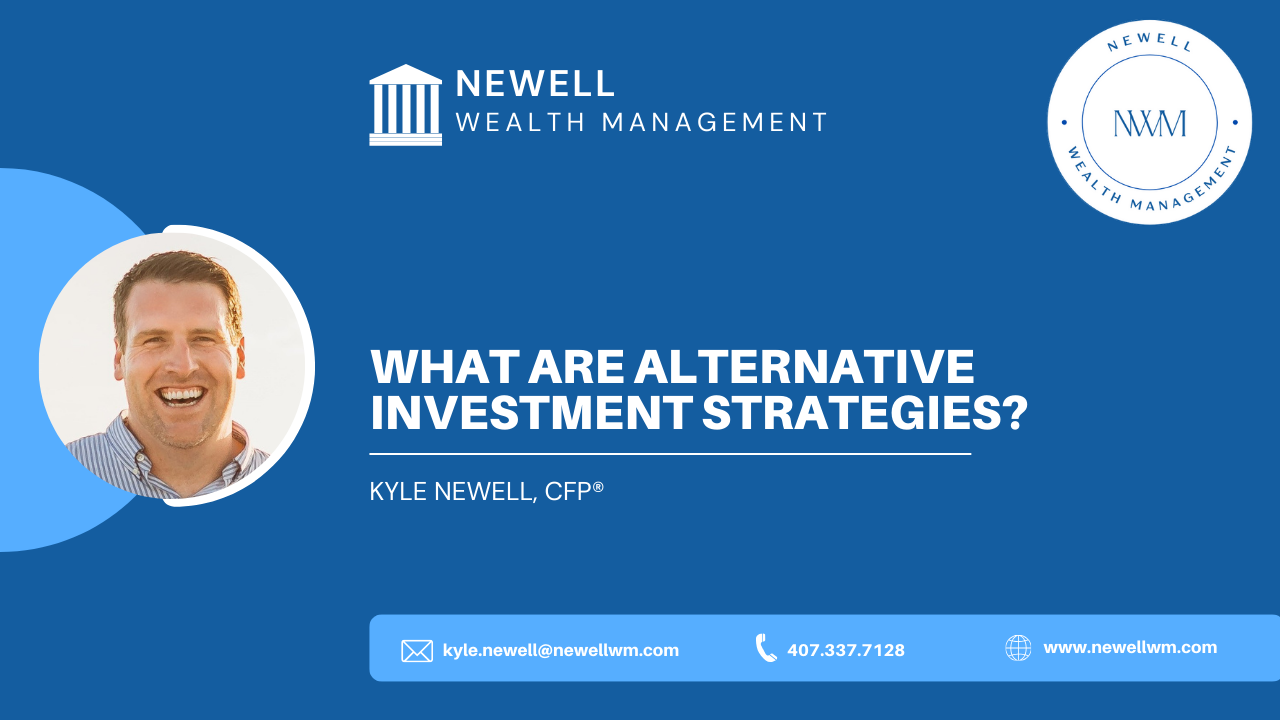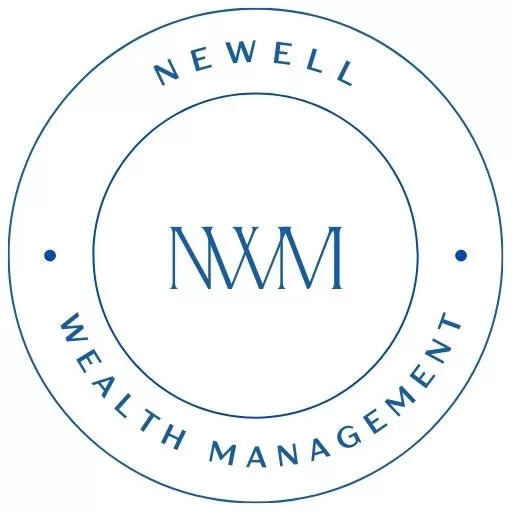What Are Alternative Investment Strategies?

When it comes to investing, there is nothing new under the sun, as the saying goes. At the same time, new ideas and ways of doing things constantly come up. There’s nothing new under the sun because, ultimately, investing comes back to several fundamental principles and concepts. It’s just investing in a new wrapper.
One of the new ideas is alternative investments. These are anything outside your typical investment, either stocks, bonds, or cash-type alternatives. The reason it’s an alternative is because it is just outside of the more readily available investment sources. Here are a few aspects to help you when it comes to alternative strategies for investing.
What Are Alternative Investments?
As I mentioned, alternatives aren’t things like stocks, bonds, or cash-type investments. Alternative investments could include things like
- Real Estate
- Private Equity
- Venture Capital
- Commodities
- Currency Trading
- Options
There are several types of alternatives. In essence, these strategies take advantage of a less efficient market to generate potentially higher returns. It’s a different use of capital or investment than in a stock or a bond, which are regulated markets.
Alternative investments are generally not regulated. There are a few regulated alternatives; however, they are rare. Those options tend to look more like your regular regulated investments. Alternatives are an alternate investment vehicle that you can use to have potentially higher returns.
What Are Alternative Investment Returns?
As with any type of investment, returns may vary. Alternative investments have the capacity to possibly earn more than what you would be able to get in stocks, bonds, or cash. This is primarily because they are doing things that are not widely available to everybody.
Take private equity, for example. Private equity is when a bucket of capital is invested in companies before they’re publicly traded. Because the companies have yet to be publicly traded or available to everyone, they have high growth potential. At the same time, there’s no guarantee that high returns will happen.
Real estate is one of the more popular alternative investments. You can buy property to rent out or renovate and sell. While it can provide attractive possible returns, there’s more to the story.
What Are Some Risks of Alternative Investments?
You want to avoid going into alternative investing starry-eyed and thinking it will be the best thing. Risks exist, and bad things can happen, especially in alternative investments. These risks can be up to and including the complete loss of your investment.
Alternative investments should be taken seriously when you are considering investing in them. You need to be clear about and understand your overall picture and comfort level with risk. I have heard advertisements for some of these alternative investment strategies where they make it sound like there’s little to no risk.
Be wary – risk is always involved with any type of investing. You may receive subpar returns than initially expected or, as I mentioned previously, a total loss of your initial investment. Understanding that you could potentially lose everything when looking at these alternative investment strategies is critical.
Private Equity Example
Let’s say you have a private equity situation. You put your money into a fund, entrusting it to the fund’s manager. You hope they will invest wisely in companies they believe will shoot up at 100%. However, something may happen, and those companies can go bankrupt, taking your money with them.
Remember that alternative investments are not public; therefore, there is little to no regulation over them. There is no government oversight to protect you. The governing bodies assume that if you choose to invest in these strategies, you understand and can take the serious risks involved.

Are You Able to Take the Risk?
Considering the risks of alternative investments is about more than whether you are comfortable taking high risks. You need to know if you can take the risk as well. If you lose all of your investment, how will it impact your financial ability to do what you want? Not only now but in the future.
What Are the Tax Implications for Alternative Investments?
Again, because these are not publicly traded securities or publicly traded investments, they can come with complex tax ramifications. Often, these are structured as a partnership with a K-1 tax form associated with it. Understanding how the tax implications related to alternative investments can affect you based on your bracket is essential.
Accessing Your Money
Finally, you need to understand the liquidity or access to your money with alternative investments. You should be aware that once you make your investment, you don’t necessarily have access to your money. Sometimes, they will give you a short period where you can access the money, up to a year, for example.
More often, when looking at alternative investments, your money will be locked up for three, five, or ten years. I’ve even seen some that hold the money for up to 20 years, depending on the strategy and potential returns. That’s a long time, and a lot can happen.
Consider whether the amount of money you’re putting into a long-term investment is money you will need sooner than you can access it. Think through all of the potential scenarios that could cause you to need access to your money. These two things will help guide you on your alternative investment decisions.
Key Takeaways
Alternative investments can and may be attractive to you. Before investing, give some serious thought to the following:
- What risks are involved?
- Is the risk worth the potential return?
- Are you able to take the risk if the worst should happen?
- What are the tax implications?
- What’s the liquidity of your money?
Be careful about the type of alternative investment strategies you’re involved in. Work with a competent financial planner, tax advisor, or attorney on these types of deals. If you would like guidance from an experienced financial planner, I’m happy to help.
We can meet virtually or in person if you live in the Central Florida area. Please email me at kyle.newell@newellwm.com, call/text at 407.337.7128, or schedule a meeting at Schedule – Newell Wealth Management (newellwm.com)
Important Information
Newell Wealth Management, LLC (“NWM”) is a registered investment advisor offering advisory services in the State of FL and in other jurisdictions where exempted. Registration does not imply a certain level of skill or training. The presence of this website on the Internet shall not be directly or indirectly interpreted as a solicitation of investment advisory services to persons of another jurisdiction unless otherwise permitted by statute. Follow-up or individualized responses to consumers in a particular state by NWM in the rendering of personalized investment advice for compensation shall not be made without our first complying with jurisdiction requirements or pursuant an applicable state exemption.
All written content on this site is for information purposes only and is not intended to provide specific advice or recommendations for any individual. Opinions expressed herein are solely those of NWM, unless otherwise specifically cited. Kyle Newell and NWM are neither an attorney nor an accountant, and no portion of this website content should be interpreted as legal, accounting or tax advice. Material presented is believed to be from reliable sources and no representations are made by our firm as to other parties’ informational accuracy or completeness. There is no assurance that the views or strategies discussed are suitable for all investors or will yield positive outcomes. Investment involves risks including possible loss of principal and unless otherwise stated, are not guaranteed. Any economic forecasts set forth may not develop as predicted and are subject to change. All information or ideas provided should be discussed in detail with an advisor, accountant or legal counsel prior to implementation.
